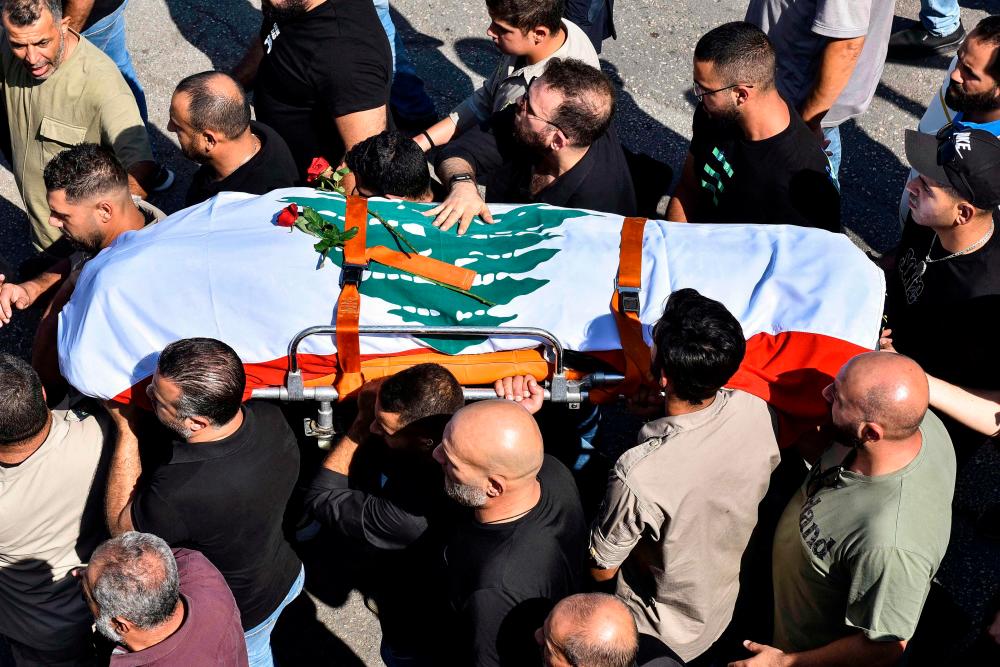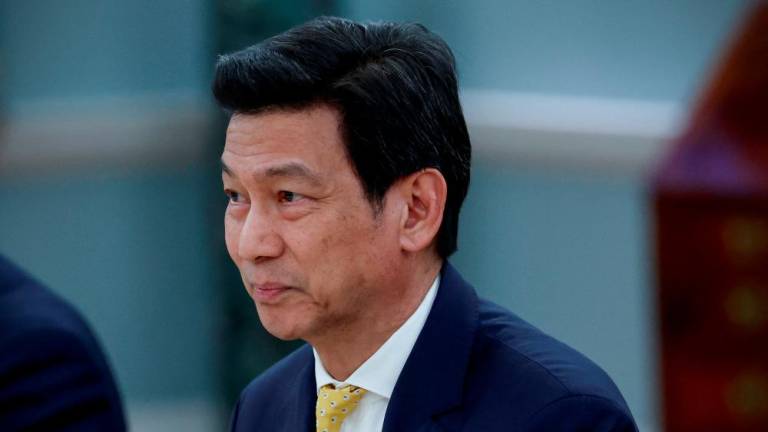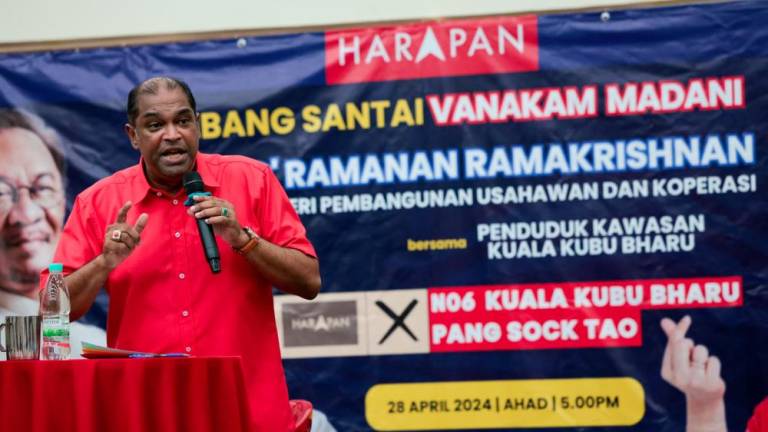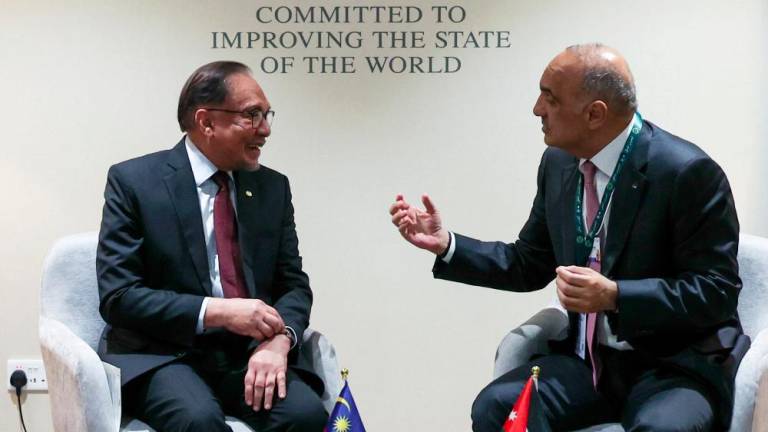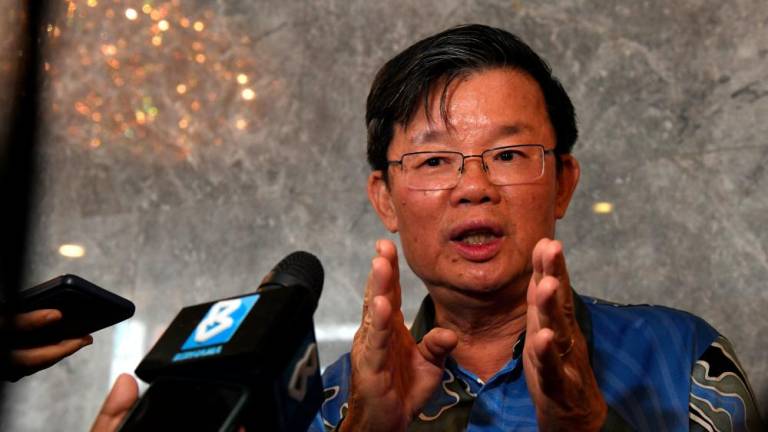BEIRUT: Lebanon said on Saturday that Israel was behind the cross-border fire that killed a Reuters journalist and wounded six others near the border.
Israel’s military said it was looking into the circumstances of Friday’s fatal strike, which also injured journalists from AFP, Reuters, and Al Jazeera.
“We are very sorry for the journalist’s death,” military spokesman Richard Hecht told a briefing, in reference to the Reuters video journalist killed, Issam Abdallah.
On the question of who launched the strike, Hecht said, “We are looking into it.”
The Lebanese army said in a statement that “the Israeli enemy fired a rocket shell that hit a civilian car belonging to a media team, leading to the death of Issam Abdallah”.
The Lebanese foreign ministry labelled the strike a “deliberate killing” and a “crime against freedom of speech and journalism”.
AFP’s chairman and chief executive officer Fabrice Fries called on the relevant authorities to carry out an “in-depth investigation”.
“It is crucial that every effort is made to ascertain how a group of journalists, clearly identified and duly accredited, could be targeted in this way,” Fries said.
Reuters quoted Fatima Kanso, Abdallah’s mother, as saying, “Israel deliberately killed my son. They were all wearing journalists’ gear and the word ‘PRESS’ was visible. Israel cannot deny this crime.”
The border has been rocked by violence since Palestinian Islamist group Hamas killed over 1,300 people in its Oct 7 attack on Israel, sparking retaliatory bombing of Gaza that has killed over 2,200 people.
Israel has massed forces and tanks along the northern border with Lebanon, a country with which it remains technically at war, and where the Iran-backed militant group Hezbollah has a heavy presence.
The group of journalists, wearing protective vests and helmets, was near the village of Alma el-Chaab, close to the border with Israel, when they came under “direct” fire, according to two eyewitnesses.
AFP photographer Christina Assi and AFP video journalist Dylan Collins were among the six journalists wounded.
Collins said there had been no outgoing fire from their location prior to the strike launched from the Israeli side of the border.
“We were filming smoke billowing from Israeli artillery fire targeting a distant hill in front of us,” he said.
“There was no military activity in our direct vicinity and no artillery fire near us.”
The journalists were standing in an open area when they heard small arms fire from a different direction further west, along the border with Israel, Collins said from the hospital.
“When we turned our cameras to look closer, we were hit directly by what seemed to be a rocket strike from the Israeli side,” he added.
Shortly after, he said, “we were hit again, directly, in the same place and from the same area. Two direct strikes on the same area.”
Footage shot by Collins appears to show a flash of light coming from the Israeli position the instant before it impacts the journalists.
Al Jazeera accused Israel of carrying out the strike, and Reuters said journalists were struck by “missiles fired from the direction of Israel,” citing one of its reporters at the scene.
Al Jazeera reporter Carmen Joukhadar, also among those wounded, said that “Israel directly targeted us”.
Joukhadar and fellow reporters were filming footage on a hill “in an open-air area, without any military sites near us”, she said.
When the first strike hit the area, she ran to her car for shelter, she added.
“Then I thought I shouldn’t be close to the car, so I ran and the second strike hit” the vehicle, she said.
Not long before the journalists were hit, the Israeli army had said that “a short while ago, a blast occurred on the border fence in Hanita (Western Galilee),” referring to a point just across the border from Alma el-Chaab.
It said that “in response, IDF (army) forces are currently responding with artillery fire towards Lebanese territory”.
The United Nations Interim Force in Lebanon (Unifil), which acts as a buffer between Lebanon and Israel, reported an Israeli strike on a position near the village of Alma el-Chaab, where the group of journalists was located.
Its peacekeepers also reported “gunfire and explosions afterward,” Unifil said in a statement on Saturday.
“Based on what Unifil was able to observe, at this stage, we cannot say with certainty how a group of journalists who were covering the events were hit,” Unifil said.
UN chief Antonio Guterres has expressed his “deepest condolences” to the family of Abdallah and other journalists killed in the line of duty. - AFP



